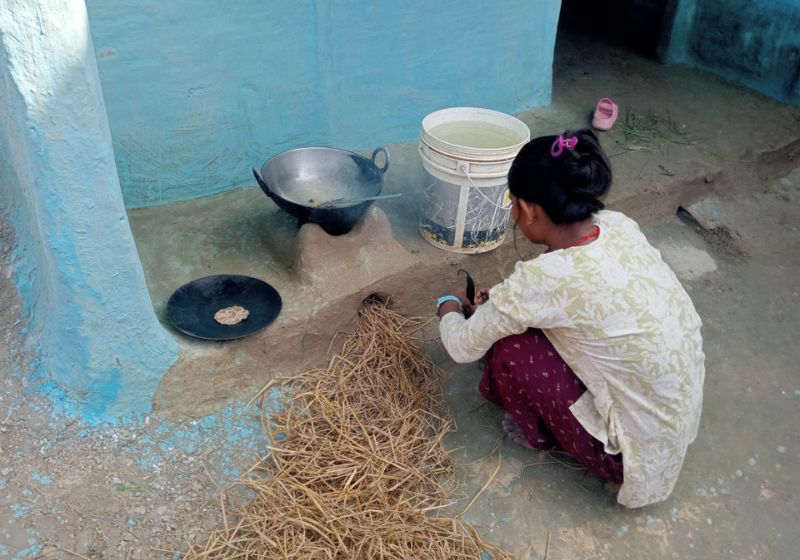Climate change is no longer a distant threat, it is reshaping how we live, work and build homes. Rising seas, intensifying storms and prolonged droughts are already putting millions of people at risk, particularly families living in poverty or in informal settlements. In Asia and the Pacific, our neighbours and partners are bearing the brunt of this crisis.
At Habitat for Humanity Australia, we know that safe, affordable homes create wider change. That’s why our response to climate change focuses on innovative, community-led housing solutions that do more than provide shelter. Together, we are building resilience, dignity and hope.
Housing as a Climate Solution
Our approach places communities at the centre. By retrofitting and building new homes, improving water and sanitation, and training with residents in disaster preparedness, we are helping families stay safely in their homes while strengthening whole communities.
This work is:
- Inclusive – empowering women, people with disabilities, marginalised groupsand local leaders.
- Collaborative – uniting communities, government and partners.
- Sustainable – ensuring local ownership for long-term impact and resilience against future shocks and stresses.
Whether it’s upgrading drainage systems to reduce flooding in Dhaka, restoring seawalls to ward against sea-level rise in Fiji, or empowering women leaders for community disaster preparedness in Cambodia, our climate resilience work is grounded in local knowledge and long-term partnerships.
Climate Action in Practice
Here are some of the ways Habitat for Humanity Australia is building climate resilience across the Asia Pacific:
- Bangladesh: Improving WASH infrastructure and housing in Dhaka’s Beguntila slum to reduce flood risks and waterborne diseases.
- Fiji: Working with the Serua Island community to retrofit homes and develop disaster plans that preserve culture while protecting against rising tides.
- Nepal: Supporting women and marginalised groups to lead inclusive disaster planning and climate adaptation in high-risk municipalities.
- Vietnam: Building climate-resilient housing and water systems with ethnic minorities and women-led households.
- Cambodia: Empowering women to lead shelter initiatives and advocate for gender-inclusive housing policies with government.
Advocating for Change
As a global housing movement, we use our voice to raise awareness and influence policy. Through regional dialogues, government engagement and community-led planning, we support communities to more effectively advocate for stronger support for housing solutions that help people:
- Prepare for and recover from disasters.
- Adapt to the effects of climate change.
- Build safer, stronger homes for the future.
Together, we can build a climate-resilient future. Support our programs today at habitat.org.au/donate


